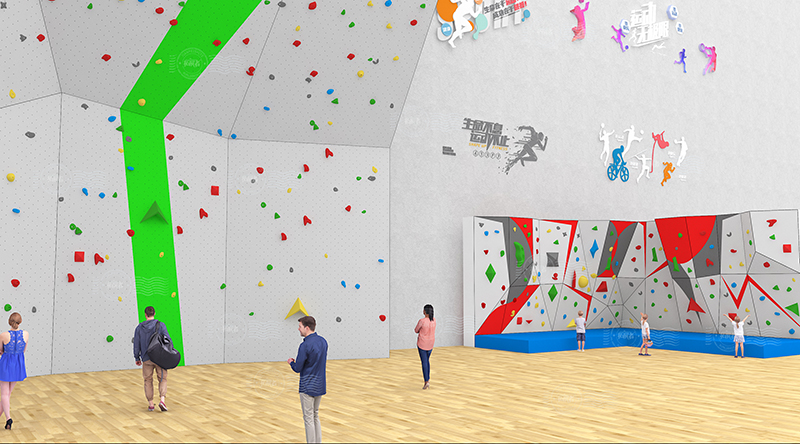
While running, cycling, or even cross-fit workouts teach the body to perform consistent, repetitive motions – building strength and increasing cardio – climbing combines those with versatility. Skills easily transferred into other components of wellness.
Studies have shown climbing increases mindfulness and provides an immediate sense of accomplishment, which many find useful to keep them coming back. Individuals who haven’t exercised for most of their life and are trying to incorporate it in their twenties, thirties or forties, find it difficult to see fast results through running or cycling. That can foster discouragement and push individuals to give up. Recent studies found that activities such as climbing – incorporating balance, muscle coordination and spatial orientation – can actually improve brain functions such as memory, alertness, and focus.
Climbing is even being used to treat depression and some doctors are encouraging their patients to try it to push through fear and boost low self esteem linked to anxiety and PTSD. The best part? Pretty much anyone can try it as climbing routes come in many grades of difficulty. Whether you are the average joe looking to try a fun activity, or an athlete wanting something more out of training, climbing is for everyone.





